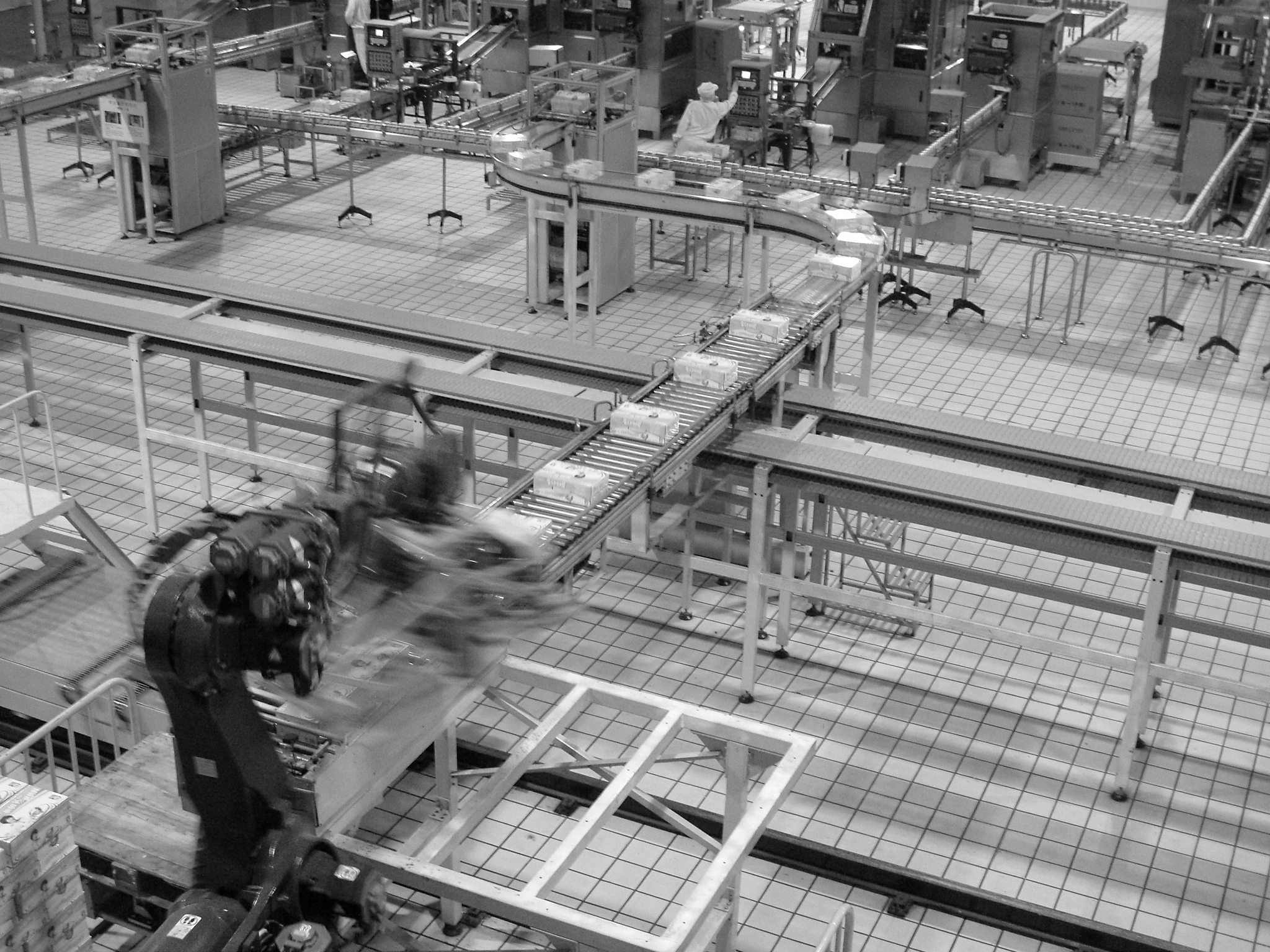4 Reasons Why Technological Unemployment Might Really Be Different This Time
by Nick Srnicek
30 March 2015

The media has been awash with stories about machines taking jobs and leaving us stranded on the side of an automated economy. This has been strengthened by more academic takes which estimate anywhere from 47-80% of current jobs will be automatable in the near future.
Yet critics point to the history of automation and suggest otherwise. The replacement of humans with machines has been central to capitalism since its origins, but it has yet to lead to mass unemployment. On the basis of this historical record, critics argue there’s nothing to fear and new jobs will be created for everyone. But might this time really be different?
1. In the past there was widespread political support to create jobs.
We all know the economy is also a political entity, and without support from governments, capitalism would be an even bigger mess than it already is. But equally, previous periods of automation have also involved heavy political intervention in order to maintain growth in employment.
The postwar era is emblematic of this – the automation of manufacturing and logistics continued apace, but this process was also supported by an overt commitment to full employment. Governments used various tools in order to ensure that new markets were opening up, new industries were emerging, and new products were available to produce. This was premised, moreover, on a relatively healthy growing economy. Today, in an age of secular stagnation and austerity, it’s hard to see that this sort of growth and devotion to job creation will occur.
2. Earlier periods of automation coincided with significant reductions in the working week.
It’s often forgotten, but the earlier stages of capitalism and automation were also periods where the labour movement made major strides in reducing work time. Between 1900 and the 1940s, for instance, the working week dropped from over 60 hours to 40 hours (and very nearly stabilised at 35 hours).
What this means is that the same amount of work was distributed more evenly across the work force. Technological unemployment is less of an issue when the working week is being reduced, yet the movement for shorter working weeks has largely been silent since the Second World War. This is one reason why a 21st century left should take up the struggle for less work.
3. There used to be job sectors that displaced workers could move into.
Earlier moments of automation involved massive shifts in labour from one sector to another. But while this was a major change, it was relatively easy for agricultural workers to switch to factory work and eventually to call centre and other service work (even if it was hard to imagine so many moving to these jobs). These are jobs which are often purposefully deskilled, and therefore where the training needed for them is relatively common or easy to learn.
Today is different though. To be sure, the newest wave of automation is leaving some jobs to humans. Work involving creativity, problem-solving, and social intelligence are all off-limits to automation for the time being. But these are mostly high-skilled, high-waged jobs, and they are often jobs that are difficult not only for machines, but also for humans.
In the earliest waves of automation (for example the mechanisation of craft work), the biggest section of the labour market under threat was relatively high-skilled workers who posed a threat to capitalists and management. Low-skilled jobs were both cheap and relatively easy to discipline, and offered numerous outlets for displaced workers. Yet today, it is largely low-skilled, low-waged jobs (both manual and cognitive) which are under threat – a situation which makes this wave of automation significantly different from previous ones.
4. The outcome of automation is a political choice.
The biggest reason this time may be different though is that society’s response to automation determines how it will play out. A future-oriented left could easily accept automation and focus its efforts on a struggle to build a post-work society. We could push for more automation, we could reduce the working week, and we could resist capitalism’s tendency to leave us as a surplus population. This sort of collective political project would see the newest wave of automation as an opportunity to drastically change our societies.
And in this case, things could be different.